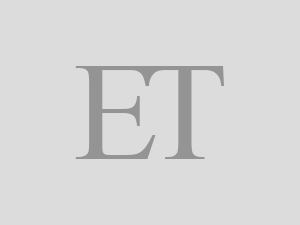“The fact that India is among the largest suppliers of generics to some of the countries with strictest regulatory norms and has the largest number of US FDA-approved plants outside of the US is the testament to the country’s commitment to fulfilling the global need for life-saving medicines,” said Sudharshan Jain, general secretary, Indian Pharmaceutical Alliance (IPA), which represents country’s largest drugmakers.
Companies like Sun Pharma, Aurobindo, Dr Reddy’s, and Torrent Pharmaceuticals are doing exceedingly well on exports led by the key US market.
The formulations business is expected to do well in the US particularly due to backorders. “The demand has increased, and they are filling the void from India,” an industry executive said.
Exports to the US climbed to $8.7 billion in FY24 from $7.5 billion in FY23, according to data from Directorate General of Commercial Intelligence and Statistics.
“While India has firmly established itself as the pharmacy of the world, supplying quality-assured, life-saving drugs to over 200 countries globally, it has also come to be a major pharma partner for the US, pitching in for a large number of patients there. Over the years, India, as a single country, has been bagging the largest number of market authorisations for drugs there,” said Jain.
Pharma executives expect the Trump administration will ease restrictions. “He is commercially sound, and going forward, will take decisions that could push the Indian generics market,” said another expert. The US relies on a global API supply chain with 87% of FDA-registered API plants abroad, mainly in China, which dominates production. On the other hand, India, which sources 70% of its APIs from China, plays a pivotal role in addressing global dependencies through its reach of medicines.
“Any tariff impositions on China could benefit Indian API manufacturers. All pharma majors will be looking closely into the health sector reforms by the Trump government,” said Shriram Subramanian, MD of inGovern Research Services.






































